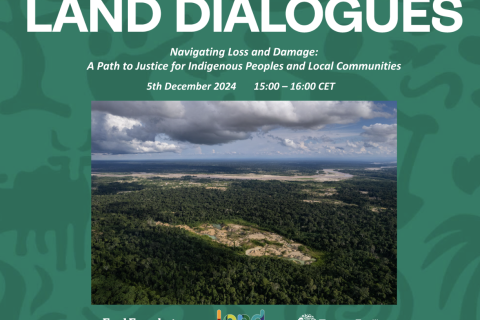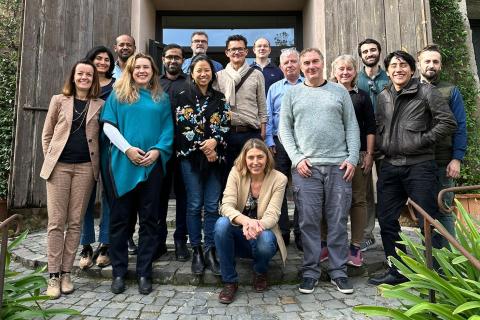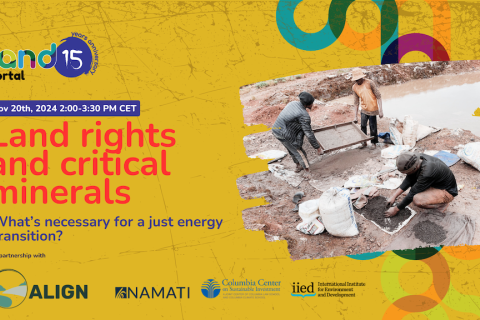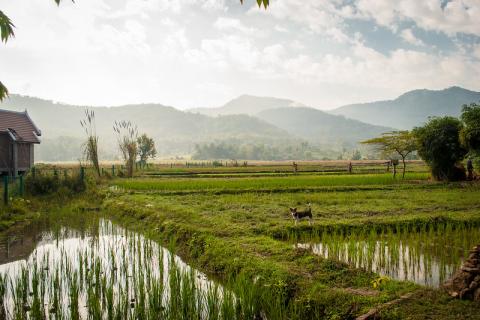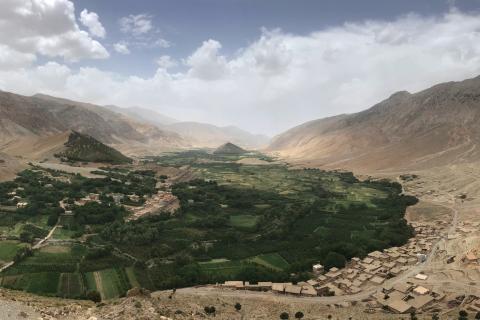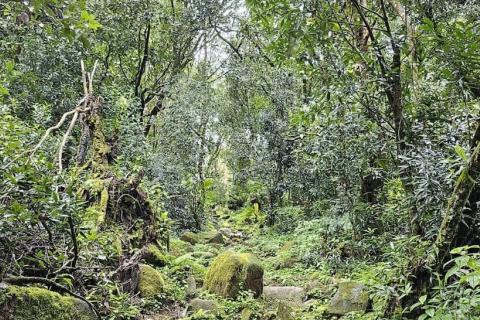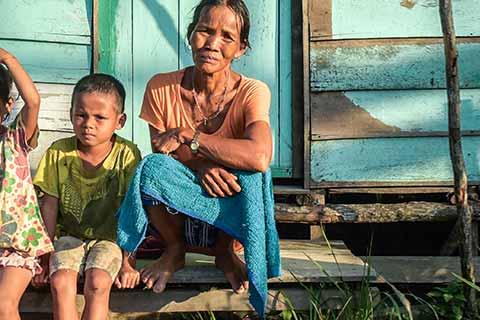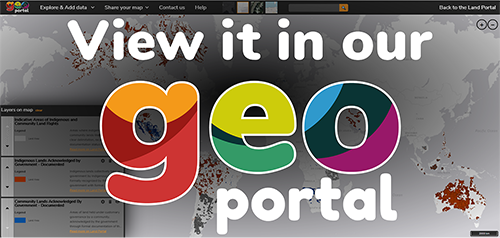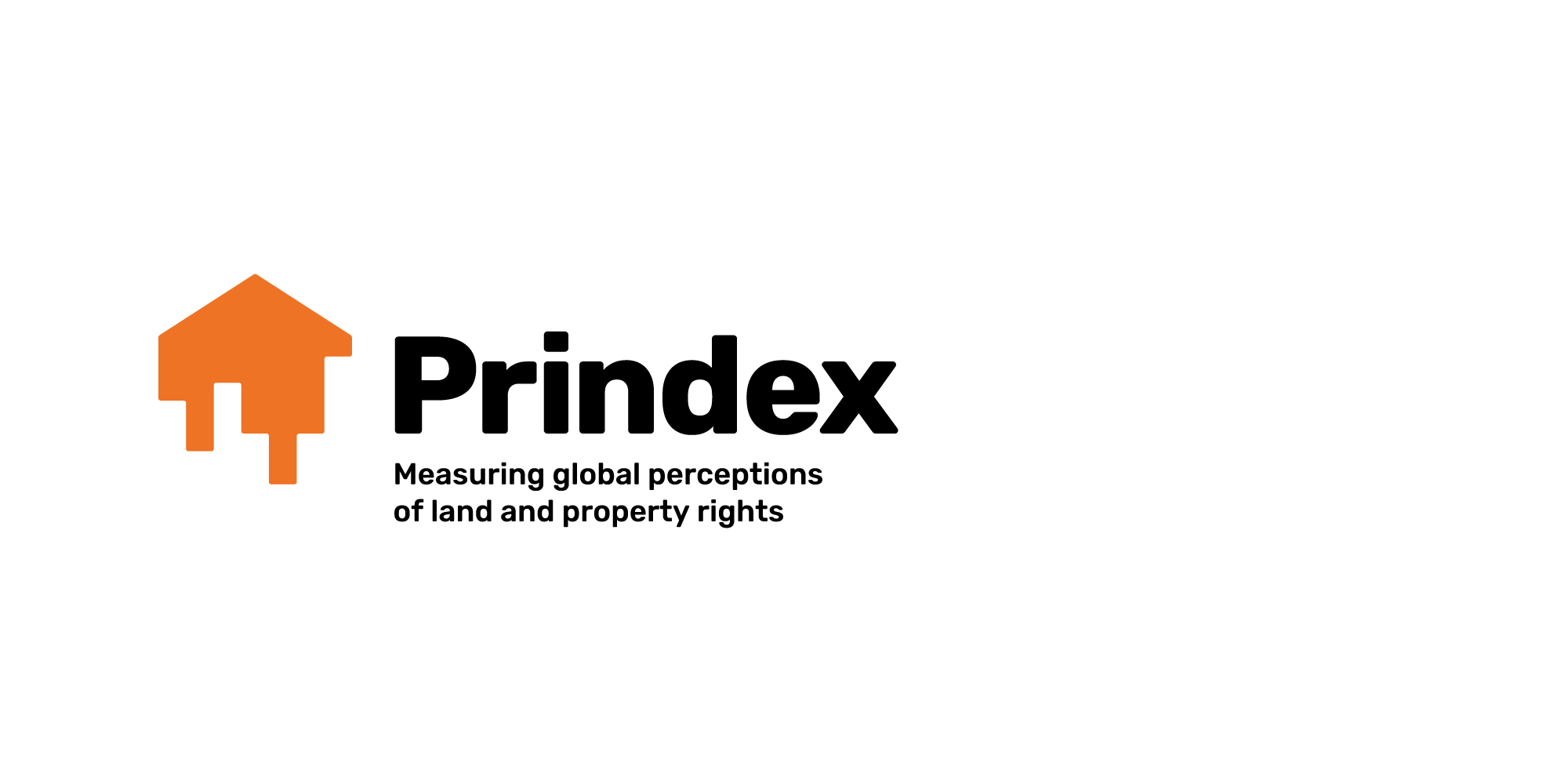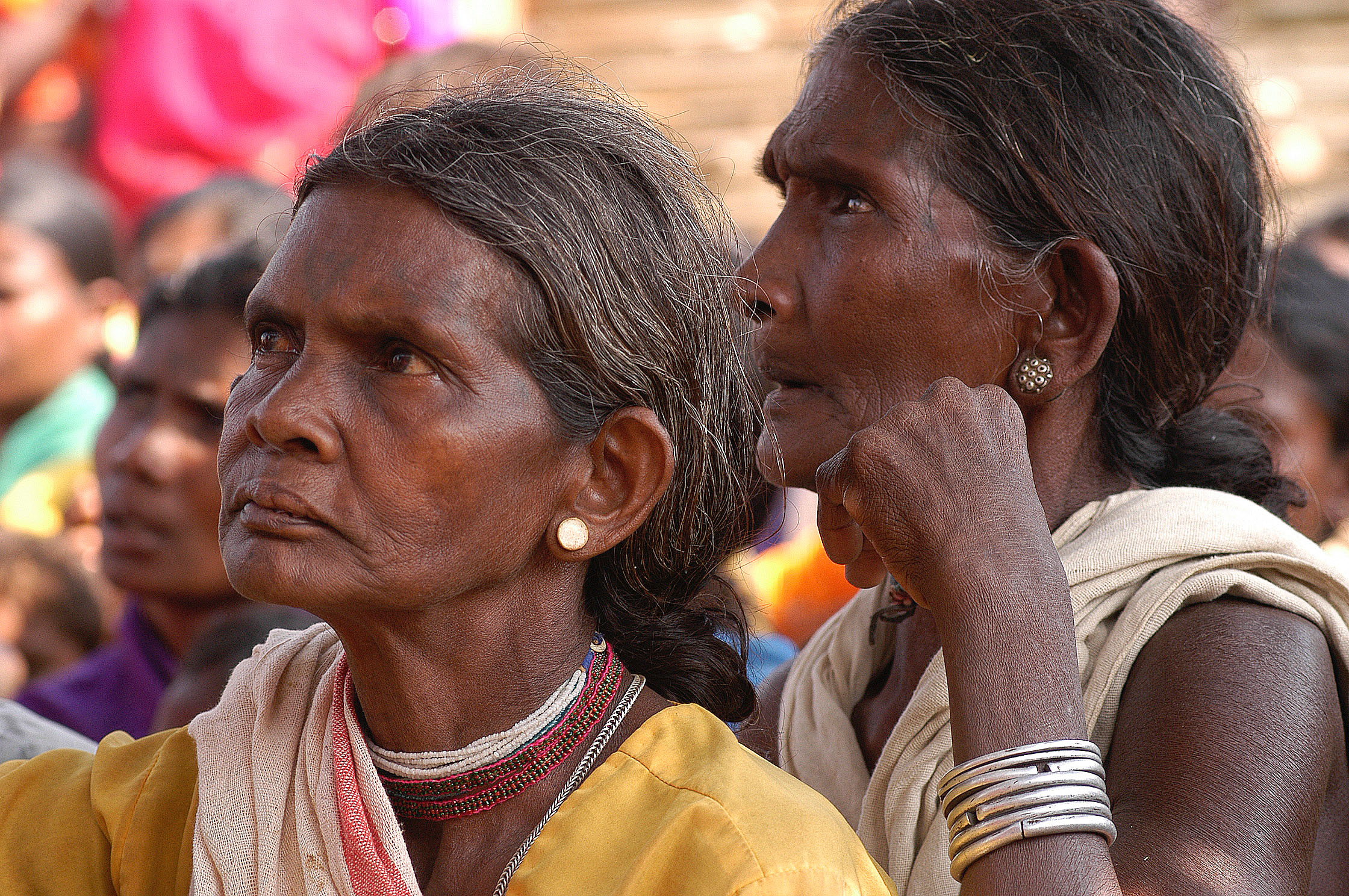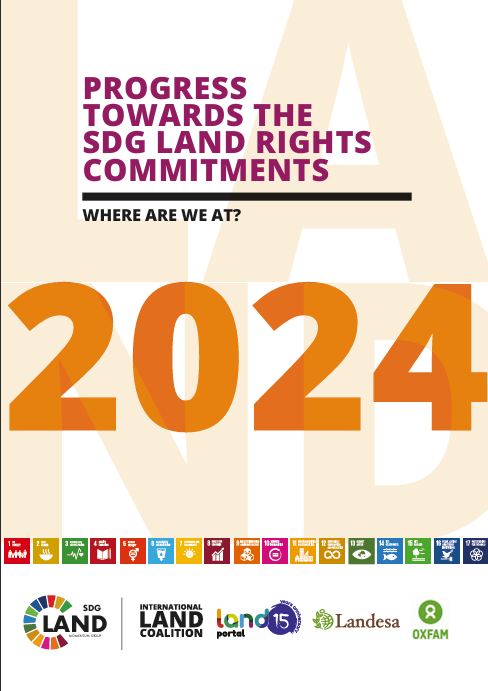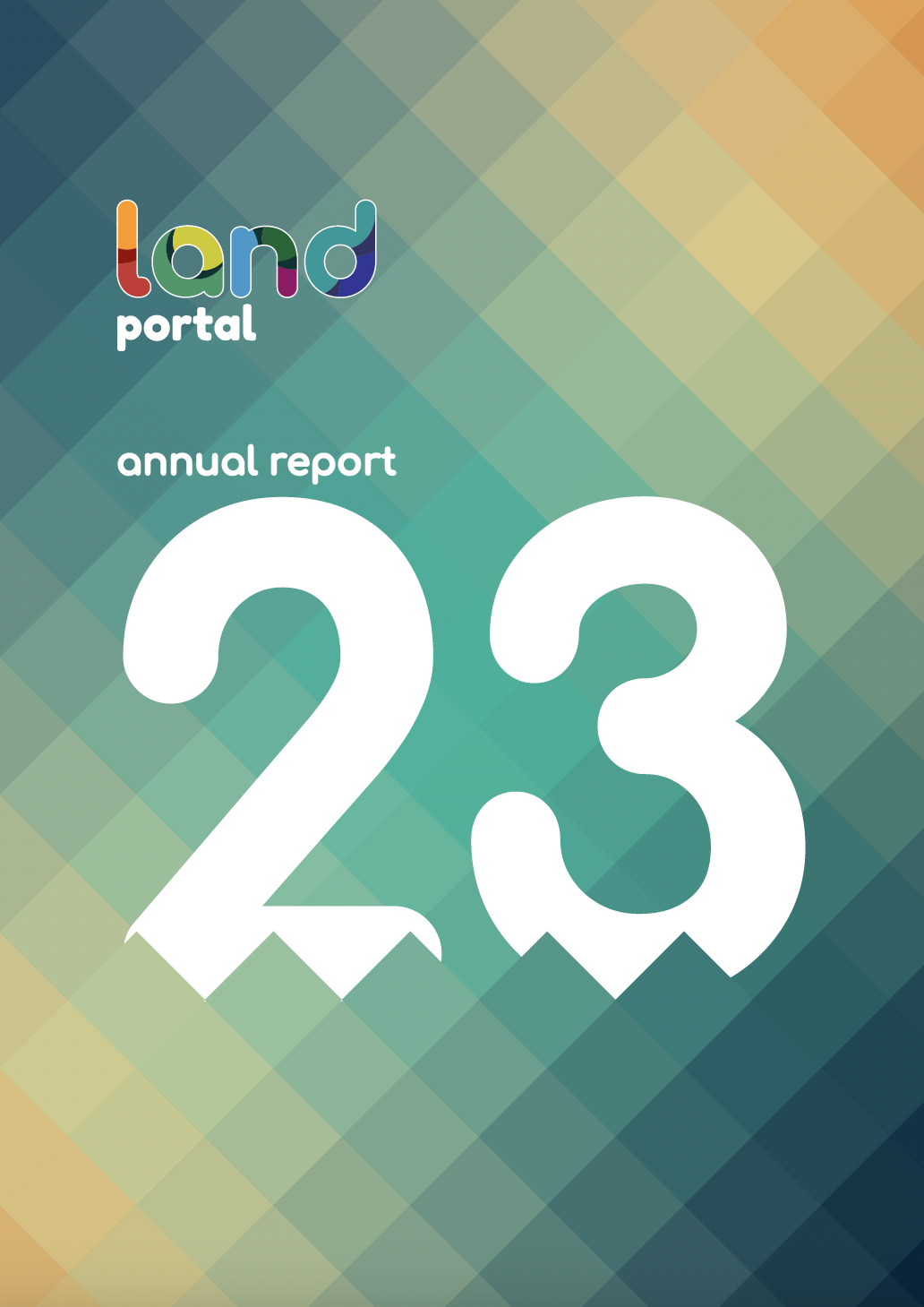Navigating Loss and Damage: A Path to Justice for Indigenous Peoples and Local Communities
05 December 2024
The Loss and Damage Fund, established at COP28, represents a crucial step toward addressing the impacts of climate change, especially for Indigenous Peoples and local communities. This webinar will explore the operationalization of the fund and examine its practical and conceptual implications.
Land Portal Foundation
Ford Foundation
The Tenure Facility
Exploring diversity, equity, and inclusion at the Land Portal
05 November 2024
One of the hallmarks of this year’s Annual General Meeting was the full-day Diversity, Equity, and Inclusion (DEI) training for the Land Portal team and board of directors. Facilitated by Project 23, an organization that helps clients create diverse and inclusive cultures, the training workshop helped us explore privilege and circles of control.
Land rights and critical minerals: what’s necessary for a just energy transition?
20 November 2024
This webinar will delve into the land governance dimensions of mining minerals that are critical to a green future, sharing insights from diverse practical approaches across diverse geographies to address complex challenges on the ground to secure the rights of indigenous peoples and local communities, whilst asking big picture questions on the role of land data, the land footprint and spatial justice dimensions of the energy transition.
Columbia Center on Sustainable Investment
Namati
International Institute for Environment and Development
Land Portal Foundation
700+ indicators
Statistical data aggregated from trusted providers
66,000+ resources
Searchable library of open access publications
Countries
Land-locked Laos has the lowest population density in Southeast Asia and livelihoods mostly rely on rice farming and non-forest products. In 2023, the remaining forest cover reached a historic low with 40%. As a result of the Turning Land into Capital Strategy in 2006, the country has experienced massive investments in hydropower, and agricultural and forest concessions. The revised Land and Forestry laws of 2019 recognize customary tenure for the first time. Laos is highly vulnerable to climate stress.
Nicknamed the "country of the distant sunset," due to its western location compared to Levant countries of the Middle East, Morocco is a Maghreb country characterized by a wide variety of natural environments. Its landscapes range from snow-capped peaks to desert areas dotted with oases, arable plains, and oak and cedar forests. Over time, Morocco's rich history has shaped the way land is governed. The Islamization of the country, its colonization, and then its accession to independence successively transformed customary practices but did not entirely eliminate them. This complex history has resulted in a layered land tenure system, with different categories of land established during these various periods existing side-by-side today.
Issues
Forests and woodlands provide livelihoods for many communities who rely on timber, firewood, building materials, non-wood forest products, fodder, food, medical plants, and water. According to FAO, more than 2.6 billion people depend on forests and their products and services which are mostly used informally. Despite the importance of forest tenure reform, it has not received enough attention. Forest tenure and property rights determine who owns and manages forest resources.
The SDG Land Tracker provides easy access to official data and information on all land-specific SDG indicators. It concisely explains the indicators, why they are important, and tracks progress.

